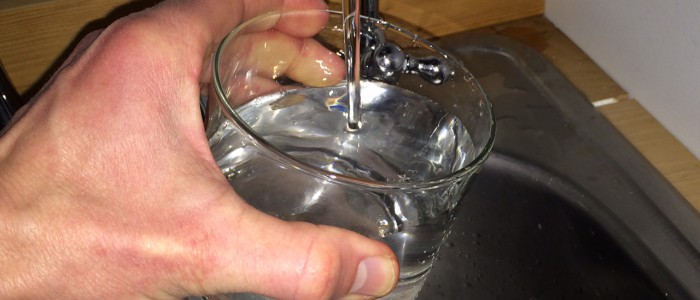Kidney Stones – Prevention is Key
 by, Richard Maurer, ND & theBloodCode.com
by, Richard Maurer, ND & theBloodCode.com
Research has found a link, between type 2 diabetes and kidney stones. It appears that those at risk for one are a greater risk for the other for, as yet, unknown reasons.[i] So if you have had a kidney stone, check yourself for possible insulin resistance with The Blood Code Discovery Panel. But like type 2-diabetes, prevention is better than cure. If your Blood Code shows insulin resistance and therefore at higher risk for a stone, heed the prevention steps because, as those experienced will tell you, kidney stones are not fun. So here is my list of “bang for the buck” kidney stone prevention recommendations from 25 years of successful practice of natural medicine. – RM
- Drink Plenty of Fluids: Water and most fruit juices can help dilute the substances in the urine that form kidney stones – This is the most important factor by far!
- Eat More Fruits and Veggies: Potassium (K+) reduces the amount of calcium lost in the urine, and therefore may reduce the risk of kidney stones. Avocados have more K+ than bananas and Lemons & limes offer K+ and beneficial citric acid.
- Coffee: Current research suggests that it is not important for people who form kidney stones to avoid coffee, although excess promotes dehydration.
- Steer Clear of Sugar: People who form kidney stones have been reported to process sugar abnormally and have higher risk for type 2 diabetes development. Avoid empty sugars.
- Improve Diet & Add Magnesium: In one study, fewer kidney stones occurred following a salt, sugar, and oxalate-restricted diet; and with supplemental magnesium citrate capsules.
- Sidestep Salt?: Some recommend reduced salt intake to reduce kidney stone risk, but research is not convincing. The salt connection is likely related to processed foods.
- Limit Foods with Oxalates: Limit your intake of spinach, rhubarb, beet greens, nuts, chocolate, tea, bran, almonds, peanuts, soy products and strawberries.
- Avoid Grapefruit Juice: Drinking grapefruit juice has been linked to an increased risk of kidney stones in two large studies.
- Halt the Soda Habit: The phosphoric acid found in soft drinks is thought to affect calcium metabolism in ways that might increase kidney stone recurrence risk.
Antibiotics and kidney stones
Antibiotics destroy the bacterium that reduces oxalate in your gut, so while on antibiotics and for some time afterward, dietary reduction of oxalates is extra important. Alarmingly, a full six months after the short course of antibiotics, 60% of subjects had no detectable levels of the bacterium that eliminates the harmful oxalates (Oxalobacter formigenes).[ii]Oxalobacter formigenes May Reduce the Risk of Calcium Oxalate Kidney Stones
Take-home message: If someone tends to kidney stones, they should avoid the use of antibiotics when possible and follow a low oxalate plan long-term if antibiotics are necessary.




Comments are closed.